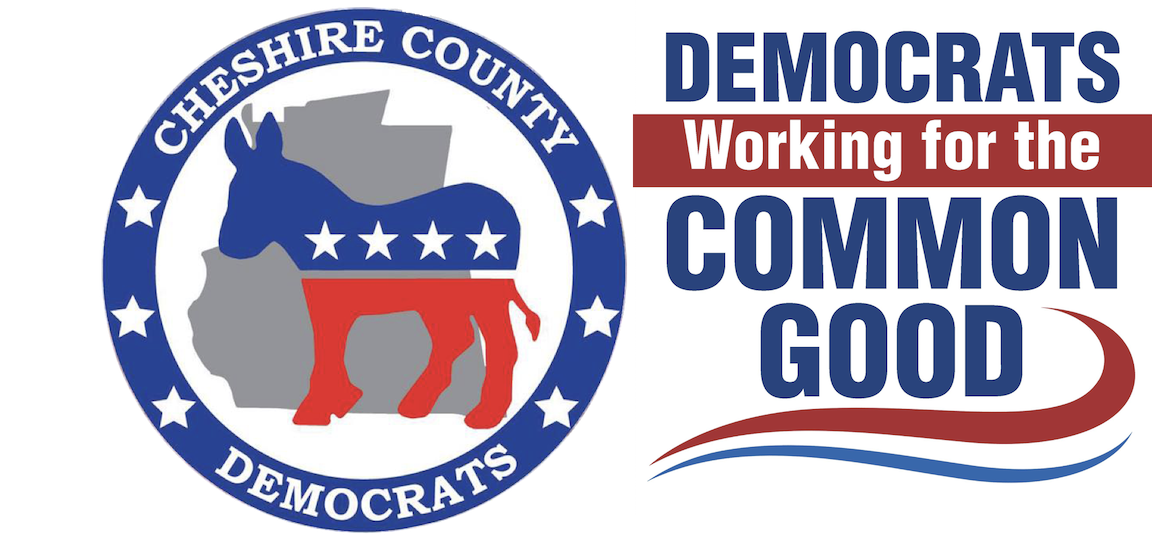How to Make Trump’s Tax Returns Public
Mr. Johnston is a Pulitzer Prize-winning reporter and the author of two books about Donald Trump.
On June 14, the New York State attorney general, Barbara Underwood, filed a civil complaint against President Trump and his three oldest children, accusing them of “persistently illegal conduct” in using the Donald J. Trump Foundation as “little more than a checkbook for payments from Mr. Trump or his businesses to nonprofits, regardless of their purpose or legality.”
Ms. Underwood believes there is abundant evidence to bring criminal charges against Mr. Trump as well. She made that position very clear in the letters she sent to the Internal Revenue Service and the Federal Election Commission in Washington recommending “further investigation and legal action.”
Ms. Underwood sent those letters, at the same time she filed the civil complaint, because New York state law does not grant her automatic authority to initiate criminal investigations. Her criminal referral to Washington noted that it would be a crime for the president to interfere in such an investigation. However, given Mr. Trump’s assertion that he has the power to halt any criminal inquiry and to pardon himself for federal crimes, a criminal investigation by any part of the federal executive branch seems highly unlikely.
The attorney general could, however, easily gain that authority. All that’s needed is for Gov. Andrew Cuomo, the New York State Police or the state Department of Taxation and Finance to make a request, and the authority would be granted to her. Criminal jurisdiction also rests with Cyrus Vance Jr., the Manhattan district attorney. Mr. Vance has shown no interest, so far, in investigating other complaints against Mr. Trump.
A state or county criminal investigation that begins with abuse of the Donald J. Trump Foundation need not be limited to violations of charity and election law. It can also examine his personal and business tax filings and, in the process, lawfully put his tax returns in the public record.
Mr. Trump reportedly used hundreds of thousands of foundation dollars to settle legal cases and buy portraits of himself that hang at Trump properties, among other egregious examples of self-dealing. Those foundation expenditures were income, and unless Mr. Trump reported that income, he could be prosecuted for criminal tax fraud.
The civil complaint and other documents released by the attorney general’s office show that this case meets the standards for criminal prosecution: repeated misconduct over many years, large sums of money involved and efforts at concealment. A prosecution would also promote the goal of deterrence.
Mr. Trump has a well-documented history of cheating governments. He went to extraordinary lengths to block an audit of how much money he owed New York City in 1986 on the Grand Hyatt Hotel, for which he got a 40-year tax break but agreed to pay the city a share of the hotel’s profits. Mr. Trump’s lawyers claimed that no audit was allowed and there was no requirement to keep business records. Aides then broke appointments with the city auditor general’s team. Mr. Trump’s lawyers asserted that a water pipe break destroyed the records and that ledger copies in Chicago were no longer available.
Auditors eventually got into the hotel’s New Jersey storage locker, but most of the ledgers were missing. Still, they concluded that through undisclosed financial reporting techniques that fell outside generally accepted accounting principles, Mr. Trump had shorted the city almost $2.9 million.
Mr. Trump lost two civil tax fraud trials over his 1984 income tax returns, on which he reported zero income as a consultant but took more than $600,000 in deductions. He had no receipts to substantiate the deductions.
New York State tax returns strictly adhere to the federal tax system’s definition of income, so an audit of Mr. Trump’s state tax returns would apply equally to his federal tax returns. If an investigation concludes that Mr. Trump cheated the state, Ms. Underwood and Mr. Vance have the authority to put Mr. Trump’s tax returns — both state and federal — into the public record by filing civil or criminal tax fraud charges.
That disclosure could be much more important than the result of any potential criminal investigation. On the surface, the numbers on Mr. Trump’s tax returns will appear to comply with the law, as did the summary pages of his 2005 income tax return, which I disclosed last year. But a criminal audit would allow investigators to inspect the transactions justifying each entry on the tax returns. Those transactions would reveal whether Mr. Trump engaged in money laundering for Russians and others, whether he fully reported profits from his more than 500 business organizations and whether he took unwarranted deductions or excessive expenses to lower his income taxes.
I believe that we, as citizens, own our government and that we should act like owners. The owners of New York State’s government should remind the governor, the Manhattan district attorney, the State Police and state tax authorities that they have a duty to initiate a thorough criminal investigation of Mr. Trump’s state and city tax returns and, if appropriate, to prosecute.
Mr. Trump asserts that he is no crook despite abundant indications to the contrary. Let’s find out the truth.
David Cay Johnston, a former reporter for The New York Times, is the founder of DCReport.org, a nonprofit news service. He is the author of “The Making of Donald Trump” and “It’s Even Worse Than You Think: What the Trump Administration Is Doing to America.”


